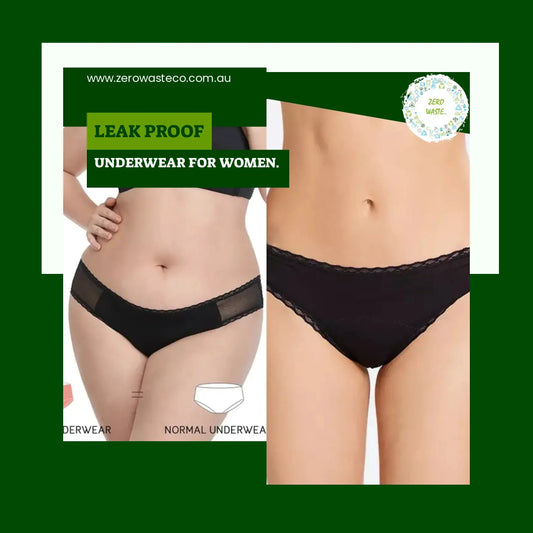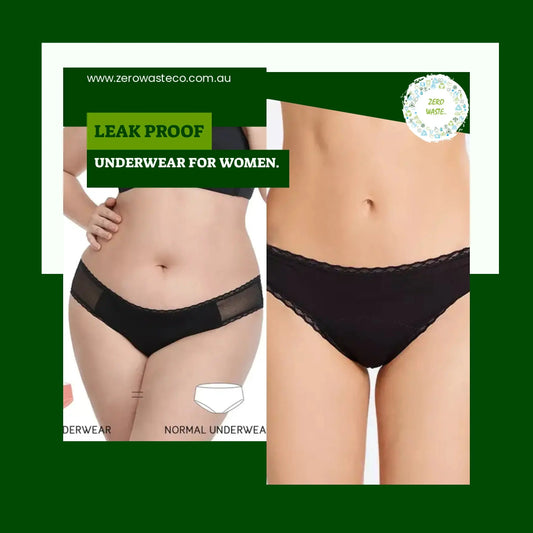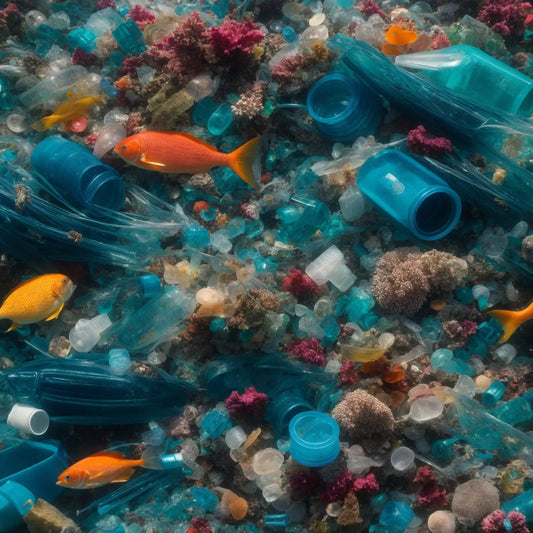The Future of Packaging: Exploring the Benefits of Compostable Poly Tube
Introducing the future of packaging: compostable poly tube. In this article, we will explore the numerous benefits of this innovative packaging solution that is not only environmentally friendly but also versatile and practical. Compostable poly tube offers a sustainable alternative to traditional packaging materials, reducing the impact on the environment and meeting the increasing demand for eco-friendly packaging options.
By incorporating compostable materials, this packaging solution can be easily disposed of and broken down into organic matter, benefiting the soil and reducing landfill waste. But that's not all - compostable poly tube also provides excellent protection for a wide range of products, making it ideal for various industries, from cosmetics to food to retail.
With sustainability becoming a top priority for both consumers and businesses, compostable poly tube offers a compelling solution that combines functionality and eco-consciousness. Join us as we delve into the future of packaging and discover why compostable poly tube is revolutionizing the industry. Whether you're a brand looking to make a positive impact or a consumer seeking greener choices, this article will provide valuable insights into the exciting world of compostable packaging.
The environmental impact of traditional packaging
Traditional packaging materials, such as plastic, have had a significant negative impact on the environment. These non-biodegradable materials often end up in landfills, oceans, and other natural habitats, where they can take hundreds of years to decompose, if at all. This accumulation of plastic waste has had devastating consequences on ecosystems, wildlife, and human health.
The production of traditional packaging also contributes to the release of greenhouse gases and the depletion of natural resources. The extraction, refinement, and transportation of raw materials required for plastic manufacturing are energy-intensive processes that contribute to climate change. Furthermore, the disposal of traditional packaging often involves incineration, which can release harmful toxins into the air, further exacerbating environmental issues.
As consumers and businesses become increasingly aware of the environmental impact of traditional packaging, the demand for more sustainable alternatives has grown. This shift in consumer behavior and corporate social responsibility has paved the way for the development of innovative packaging solutions, such as compostable poly tubes, that aim to minimize the environmental footprint while still providing the necessary functionality and protection for products.
Compostable poly tubes offer a range of benefits that make them a compelling alternative to traditional packaging materials. One of the primary advantages is their ability to break down into organic matter, which can then be used to enrich the soil through composting.
Unlike plastic, which can take centuries to decompose, compostable poly tubes are designed to disintegrate within a matter of months when exposed to the right conditions, such as a commercial or industrial composting facility. This means that the packaging waste can be diverted from landfills and instead contribute to the regeneration of the soil, supporting the growth of new plant life and reducing the overall impact on the environment.
Another key benefit of compostable poly tubes is their versatility. These packaging solutions can be tailored to accommodate a wide range of products, from cosmetics and personal care items to food and retail goods. The compostable materials provide excellent protection and preservation, ensuring that the contents remain fresh and undamaged during transportation and storage.
Furthermore, compostable poly tubes offer a visually appealing and sustainable alternative to traditional packaging. Their natural, eco-friendly appearance can help brands communicate their commitment to sustainability and appeal to environmentally conscious consumers. This can be a significant advantage in a market where consumers are increasingly seeking out products with a lower environmental impact.
While compostable poly tubes are not the only sustainable packaging option available, they offer several distinct advantages compared to other alternatives. For instance, traditional paper-based packaging, such as cardboard boxes or envelopes, may be recyclable but often require additional processing or specialized facilities to break down effectively.
In contrast, compostable poly tubes can be disposed of alongside organic waste, making the composting process more straightforward and accessible for consumers and businesses. This convenience factor can encourage wider adoption and contribute to a more circular economy, where waste is minimized and resources are reused or repurposed.
Another sustainable packaging option, bioplastics, can also be compostable, but they may not offer the same level of protection and functionality as compostable poly tubes. Bioplastics can be more susceptible to damage or degradation, potentially compromising the integrity of the packaged product. Compostable poly tubes, on the other hand, are designed to maintain their structural integrity while still being able to break down in a composting environment.
Additionally, compostable poly tubes can be more cost-effective than some other sustainable packaging solutions, making them a more accessible option for businesses of all sizes. This cost-effectiveness, combined with the environmental benefits, can make compostable poly tubes a compelling choice for brands and consumers alike.
Compostable poly tubes have the potential to benefit a wide range of industries, from personal care and cosmetics to food and retail. Their versatility and sustainable properties make them a suitable packaging solution for a variety of products and applications.
In the personal care and cosmetics industry, compostable poly tubes can be used to package items such as lotions, creams, and serums. The compostable materials provide the necessary protection and preservation for these delicate products, while also aligning with the growing demand for eco-friendly packaging among conscious consumers.
The food industry is another sector that can greatly benefit from compostable poly tubes. These packaging solutions can be used to contain a variety of food items, from dried goods and snacks to sauces and condiments. The compostable nature of the tubes ensures that any unused or discarded packaging can be disposed of responsibly, reducing the amount of waste that ends up in landfills or oceans.
In the retail industry, compostable poly tubes can be used to package a range of products, from clothing and accessories to home goods and office supplies. This versatility allows brands to showcase their commitment to sustainability while still providing their customers with high-quality, well-protected products.
How to incorporate compostable poly tubes into your packaging strategy
Incorporating compostable poly tubes into your packaging strategy requires a thoughtful and strategic approach. It's important to carefully evaluate your current packaging practices, identify areas for improvement, and then explore how compostable poly tubes can be integrated seamlessly into your operations.
One of the first steps in this process is to assess the specific packaging needs of your products. Consider factors such as the size, shape, and weight of the items, as well as any special requirements for protection or preservation. This information will help you determine the appropriate dimensions and specifications for your compostable poly tubes, ensuring that they provide the necessary functionality while still adhering to your sustainability goals.
Next, you'll need to research and identify reputable suppliers of compostable poly tubes. Look for manufacturers that use high-quality, certified compostable materials and have a proven track record of delivering reliable and consistent products. It's also important to consider the supply chain logistics, such as lead times and shipping options, to ensure a seamless transition to the new packaging solution.
Once you've selected your compostable poly tube supplier, it's time to integrate the new packaging into your existing operations. This may involve adjustments to your production processes, storage and handling procedures, and even your marketing and branding efforts. It's crucial to work closely with your team, including stakeholders from various departments, to ensure a smooth implementation and address any challenges that may arise.
To better understand the real-world applications and benefits of compostable poly tubes, let's explore a few case studies of businesses that have successfully incorporated this sustainable packaging solution into their operations.
One such example is a natural cosmetics brand that has been using compostable poly tubes to package their skincare products. By switching from traditional plastic packaging to the compostable alternative, the brand has been able to significantly reduce its environmental footprint and appeal to its eco-conscious customer base. The brand has reported positive feedback from customers, who appreciate the brand's commitment to sustainability and the ease of disposing of the packaging through composting.
Another case study involves a small-batch food producer that has adopted compostable poly tubes for its line of artisanal sauces and condiments. The brand has found that the compostable packaging not only aligns with its sustainable values but also helps to preserve the freshness and quality of its products during transportation and storage. The brand has also reported that the compostable poly tubes have been well-received by its customers, who are increasingly seeking out eco-friendly packaging options.
In the retail sector, a clothing brand has incorporated compostable poly tubes into its packaging strategy for its online orders. By using the compostable tubes to protect and ship its products, the brand has been able to reduce the amount of waste generated from its packaging, while also reinforcing its commitment to sustainability to its customers. The brand has reported positive customer feedback and a growing demand for its eco-friendly packaging approach.
Challenges and misconceptions surrounding compostable poly tubes
While compostable poly tubes offer numerous benefits, there are also some challenges and misconceptions that need to be addressed. One of the primary concerns is the potential for confusion around the composting process and the requirements for successful decomposition.
Many consumers may not be aware of the specific conditions needed for compostable materials to break down effectively. For example, compostable poly tubes may require commercial or industrial composting facilities, which may not be readily available in all regions. This can lead to confusion and frustration if consumers attempt to compost the tubes at home, only to find that they do not break down as expected.
Another challenge is the potential for higher costs associated with compostable packaging solutions. While the long-term environmental benefits of compostable poly tubes may outweigh the initial costs, some businesses may be hesitant to make the switch due to budgetary constraints or concerns about the impact on their profit margins.
Additionally, there may be misconceptions about the durability and functionality of compostable poly tubes. Some consumers or businesses may be skeptical about the ability of these packaging solutions to provide the same level of protection and preservation as traditional plastic alternatives. It's important to educate stakeholders about the advanced design and engineering that goes into creating compostable poly tubes that can still meet the necessary performance requirements.
The future of compostable packaging
As the world becomes increasingly conscious of the environmental impact of traditional packaging materials, the future of compostable packaging, including compostable poly tubes, looks promising. With growing consumer demand for sustainable solutions and increasing pressure on businesses to adopt more eco-friendly practices, the adoption of compostable packaging is expected to continue to rise in the coming years.
Advancements in material science and manufacturing processes are also expected to drive the development of even more innovative and versatile compostable packaging options. Researchers and innovators are continuously exploring new ways to create compostable materials that can match or even exceed the performance of traditional packaging, while also being more easily broken down and reintegrated into natural systems.
As the infrastructure and accessibility of commercial and industrial composting facilities continue to improve, the barriers to widespread adoption of compostable packaging will continue to diminish. This, in turn, will make it easier for businesses and consumers to embrace these sustainable solutions and contribute to a more circular economy.
Moreover, the increasing focus on corporate social responsibility and environmental, social, and governance (ESG) initiatives will likely further incentivize businesses to prioritize the use of compostable packaging. As consumers become more discerning and demand greater transparency and accountability from the brands they support, the adoption of compostable packaging solutions will become a key differentiator and a way for businesses to demonstrate their commitment to sustainability.
Conclusion: Embracing sustainable packaging solutions with compostable poly tubes
In conclusion, compostable poly tubes offer a promising and innovative solution to the environmental challenges posed by traditional packaging materials. By providing a sustainable alternative that can be easily composted and reintegrated into the natural cycle, compostable poly tubes represent a significant step towards a more circular and eco-conscious future.
The benefits of compostable poly tubes are numerous, from their ability to reduce waste and greenhouse gas emissions to their versatility in accommodating a wide range of products. As consumer demand for sustainable packaging continues to grow and businesses strive to reduce their environmental impact, the adoption of compostable poly tubes is poised to become increasingly widespread.
While there may be some challenges and misconceptions to overcome, the future of compostable packaging looks bright. With ongoing advancements in material science and the expansion of composting infrastructure, the barriers to widespread adoption will continue to diminish, paving the way for a more sustainable and environmentally responsible packaging landscape.
By embracing compostable poly tubes and other innovative packaging solutions, businesses and consumers alike can play a crucial role in shaping a more sustainable future. Together, we can work towards a world where waste is minimized, resources are reused, and the health of our planet is prioritized. The future of packaging is compostable, and the time to act is now.

















0 comments